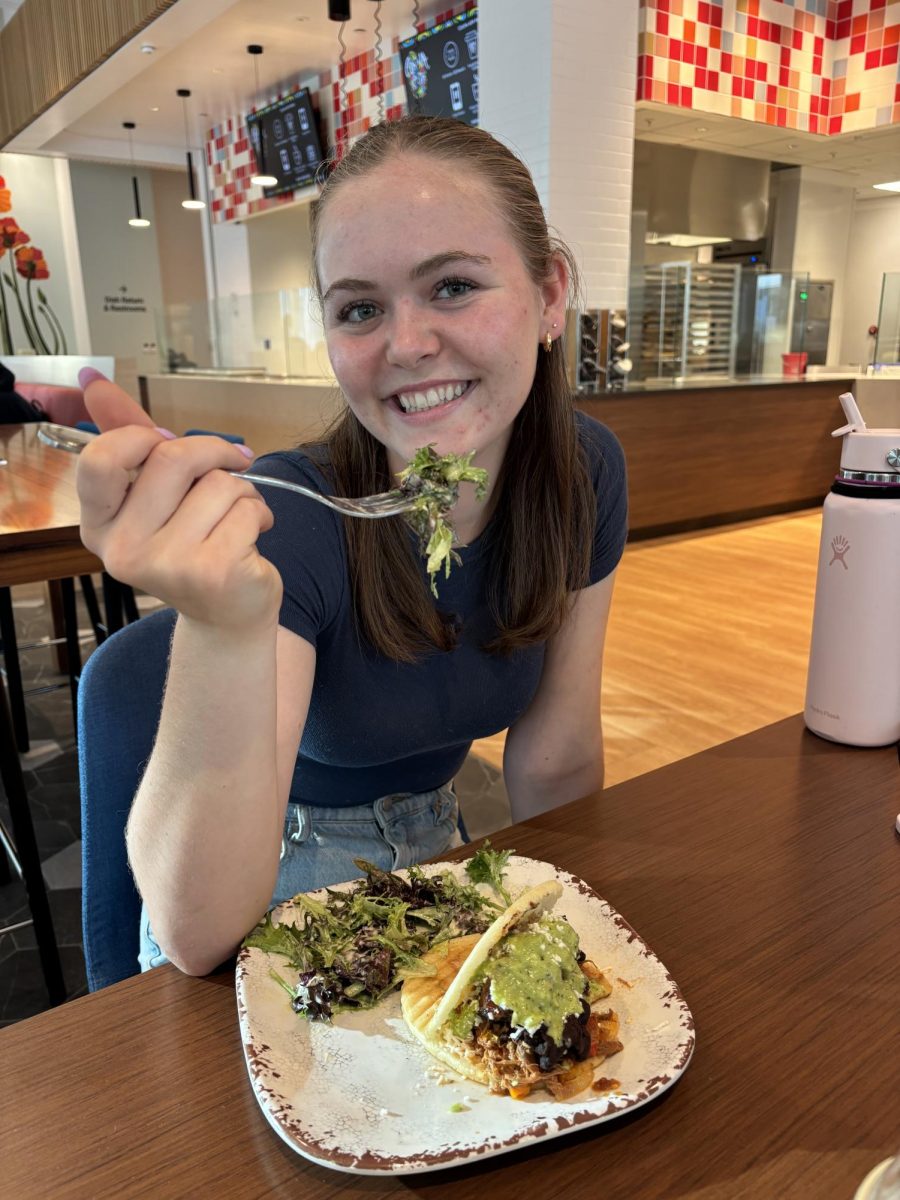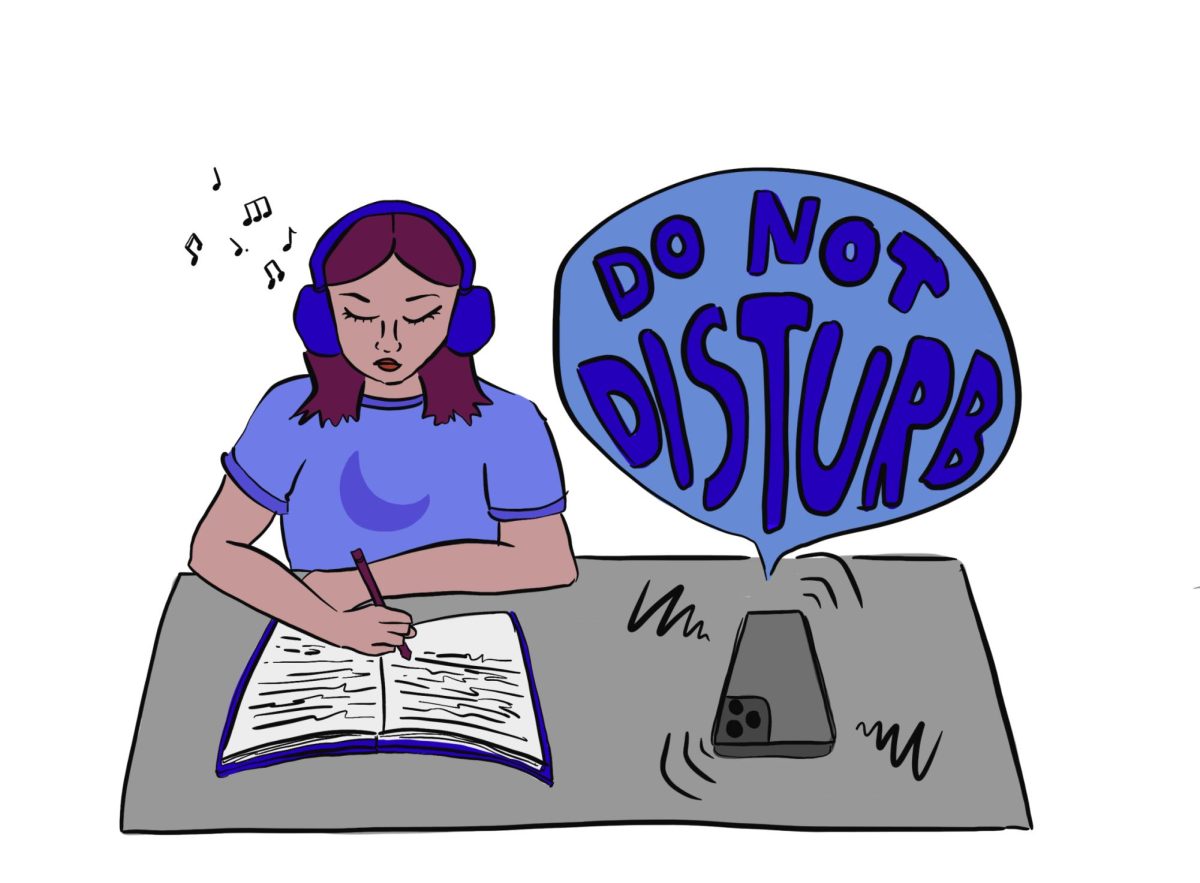There are some films that make you feel seen, and some that make you feel changed. “Past Lives” (2023), a romantic drama film written and directed by Celine Song, was the latter for me. Although this was Song’s directorial debut, practically every aspect of the film — the screenplay, the chemistry between the leads, and the portrayal of the immigrant experience, plus technical aspects such as the pacing and cinematography — was executed beautifully, with clear empathy for each character.
The plot of the film is deceptively simple: Nora Moon and Hae Sung, childhood best friends who were separated when Nora’s family emigrated from Korea to America, reunite for a few days as adults in New York City. They, along with Nora’s husband, wrestle with the choices they have made and ways they have grown apart and together.
It’s a quietly clever subversion of numerous tropes that could fill entire movies: childhood best friends, a love triangle, the “immigrant experience,” intercultural exchange, New York City in itself. You’d expect the husband to be weirded out by having a drink with his wife and her childhood crush; instead, he is deeply empathetic and kind while being unafraid to discuss the inherent awkwardness of the situation. Nora’s immigrant status is never treated as something that hinders her progress, simply as another inevitable choice in a series of hundreds she makes every day. These themes merely serve as backdrops to the core question of the film, something instinctually human: How can we live with the choices we’ve made, knowing that each one could have led to an entirely different life?
The defining trait of the film, in my opinion, was its subtlety. In particular, I loved the acting choices of Greta Lee and Teo Yoo, who played Nora and Hae Sung, respectively. Their reliance on slight nods, head tilts, and soft smiles as opposed to huge belly laughs and dramatic tears made Nora and Hae Sung’s relationship seem more personal, their understanding of each other more intimate. In numerous scenes, the two seem to have entire conversations with just their body language; they are entirely comfortable with silence, as you are with someone who truly knows you. The acting, in addition to the unassuming cinematography and sparse dialogue, gradually builds up an emotional dam until the climax of the movie breaks it in the most effective and realistic way possible.
In the end, Nora’s choice of her current life in New York City, with a white husband who does not speak her mother tongue but loves and knows her just as truly as Hae Sung, is a choice you know she will make from the very beginning. It is the choice of accepting the choices she has already made rather than endlessly questioning the what-ifs and past lives she may have had.
Nora is in her thirties when the film takes place; I am only 17 years old. Yet both of our lives are infinite continuums of choices, some monumental, some entirely innocuous. This movie has allowed me to ponder all the ways my life could be different — before recognizing that the life I have now is, for better or worse, the life I am stuck with in this universe, and I should try to make the most of it.







